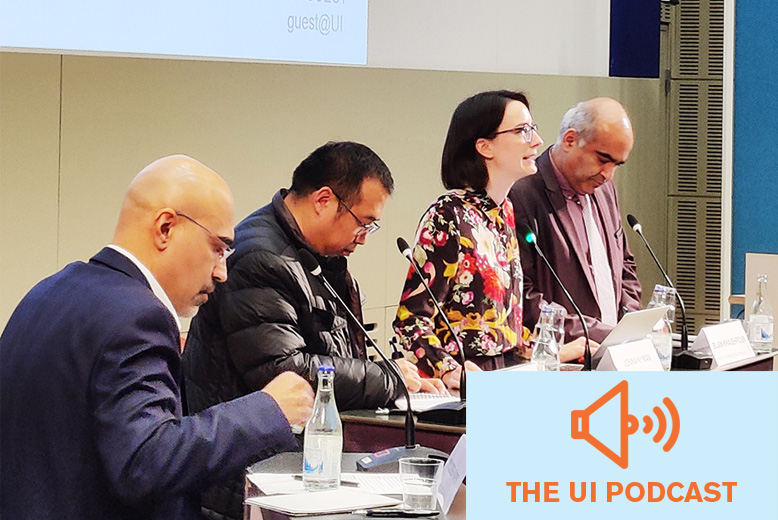
Understanding the New Political and Economic Role of China in the Persian Gulf
Given China’s growing energy needs, to what extent could Beijing increase its political and military engagement in the Persian Gulf? How would a bigger Chinese footprint affect the region’s relations to the EU, Russia and the United States?
The latest tit for tat between Iran and the Unites States has highlighted just how close the world is to an even higher level of military confrontation in the Persian Gulf. The United States itself is no longer reliant on oil from the region – but many other actors are, including several Asian countries like India, Japan, South Korea, and, in particular, China.
With a focus on China, this seminar explored the geopolitical, energy-related and economic ties between the main Asian powers and the Persian Gulf region.
Speakers:
Jonna Nyman, Associate Research Fellow, UI, and Leverhulme Research Fellow in Politics at University of Sheffield.
Bijan Khajehpour, Economist and managing partner at Eurasian Nexus Partners, a Vienna-based international strategic consulting firm.
Bingbing Wu, Associate Professor and Deputy Director of Department of Arabic Language and Culture, Peking University.
The seminar was moderated by Rouzbeh Parsi, Head of UI's Middle East and North Africa Programme.